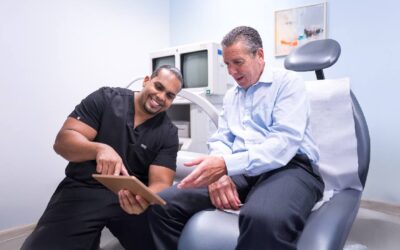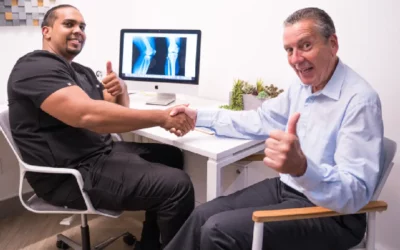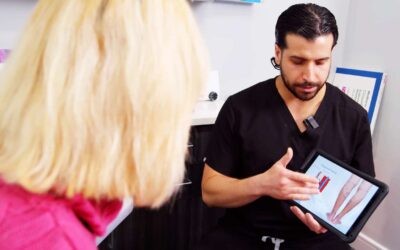How to Treat Varicose Veins During Pregnancy
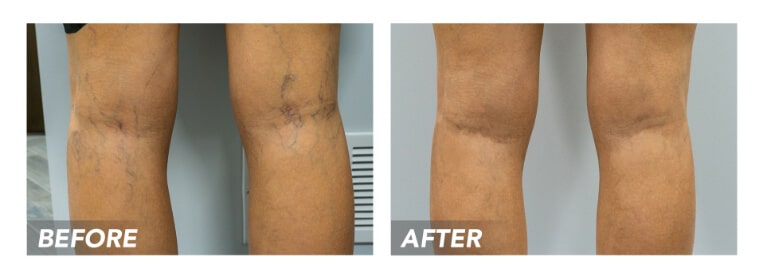
Pregnancy is a beautiful journey filled with joy and anticipation, but it can also bring about some uncomfortable side effects, one of which is varicose veins. These swollen, twisted veins commonly appear in the legs and pelvic area due to increased pressure on the veins and changes in hormone levels. While varicose veins during pregnancy are common, they can cause discomfort and concern for many expectant mothers. At New Jersey Vein Treatment, we understand the challenges you may face during this time, and we’re here to provide you with comprehensive care to alleviate your symptoms and promote a healthy pregnancy.
New Jersey Vein Treatment is led by board-certified vein doctors committed to helping patients maintain healthy veins. Our vein doctors carefully examine your leg veins, discuss your symptoms, diagnose the root cause of your vein problems, and curate personalized vein treatment plans. Generally speaking, we recommend conservative treatments like compression stockings and lifestyle changes to pregnant women. However, if we determine that your varicose veins are indicative of chronic venous insufficiency or you have a high risk of complications, we may recommend minimally invasive varicose vein treatments.
New Jersey Vein Treatment has state-of-the-art medical centers for vein treatment across New Jersey, including Clifton, Paramus, Woodland Park, Woodbridge, and Scotch Plains. Please schedule an appointment at your nearest medical center for vein treatment in New Jersey.
Why Do Varicose Veins Occur During Pregnancy?
Varicose veins during pregnancy occur due to a combination of factors related to the changes that accompany gestation. One significant factor is the increase in blood volume necessary to support the developing fetus. As blood volume rises, the veins are subjected to higher pressure, particularly in the lower body, where the weight of the uterus places additional strain on the veins. This increased pressure can weaken the vein walls and impair the function of the valves that regulate blood flow, leading to the development of varicose veins.
Hormonal changes also play a role in the formation of varicose veins during pregnancy. Elevated levels of progesterone, a hormone essential for maintaining pregnancy, can relax the walls of blood vessels, making them susceptible to dilation and pooling of blood. Additionally, the growing uterus exerts pressure on the inferior vena cava, the main vein responsible for returning blood from the lower body to the heart, further contributing to venous congestion and the development of varicose veins.
Risk Factors for Varicose Veins During Pregnancy:
- Genetics: If you have a family history of varicose veins, you may be more prone to developing them yourself. Genetic predisposition plays a significant role in the development of varicose veins, so it’s essential to be aware of your family history.
- Multiple Pregnancies: Women who have had multiple pregnancies are at a higher risk of developing varicose veins due to repeated stretching of the veins over time. Each pregnancy places additional strain on your veins, increasing the likelihood of developing varicose veins with each subsequent pregnancy.
- Age: Advanced maternal age may increase the risk of developing varicose veins during pregnancy. As women get older, their veins may become less elastic, making them more prone to stretching and weakening under the increased pressure exerted during pregnancy.
- Occupation: Certain occupations that require prolonged periods of standing or sitting, such as nursing, teaching, or retail work, may increase the risk of varicose veins during pregnancy. Standing for long periods can impair circulation and increase pressure on the veins while sitting for extended periods can restrict blood flow and contribute to vein problems.
- Obesity: Excess weight gain during pregnancy can exacerbate varicose veins. Obesity puts additional strain on the veins and can lead to increased pressure within the circulatory system, making it more difficult for blood to return to the heart and increasing the risk of vein dilation.
Preventing Varicose Veins During Pregnancy
While some risk factors for varicose veins during pregnancy are beyond your control, there are steps you can take to reduce your risk and alleviate symptoms:
- Exercise Regularly: Engage in low-impact exercises like walking, swimming, or prenatal yoga to improve circulation and strengthen the muscles that support your veins. Regular exercise helps promote blood flow and strengthens the calf muscles, which play a crucial role in pumping blood back to the heart.
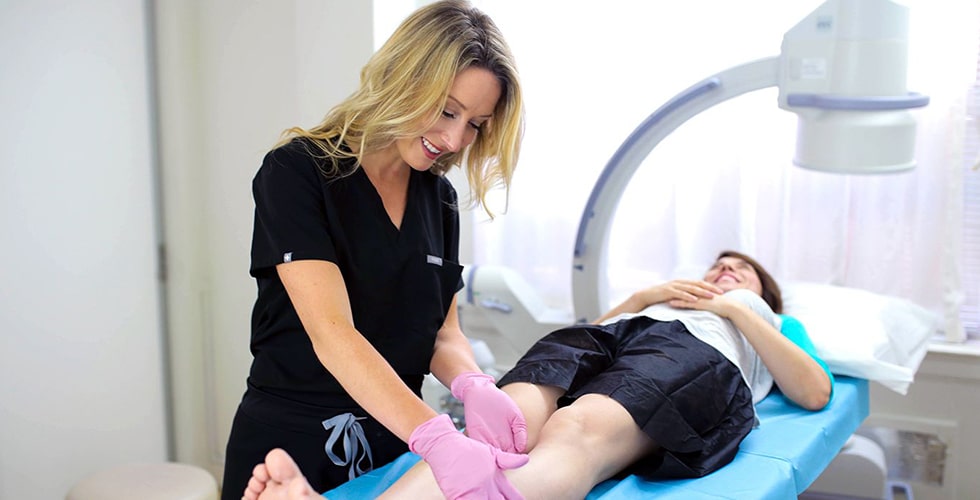
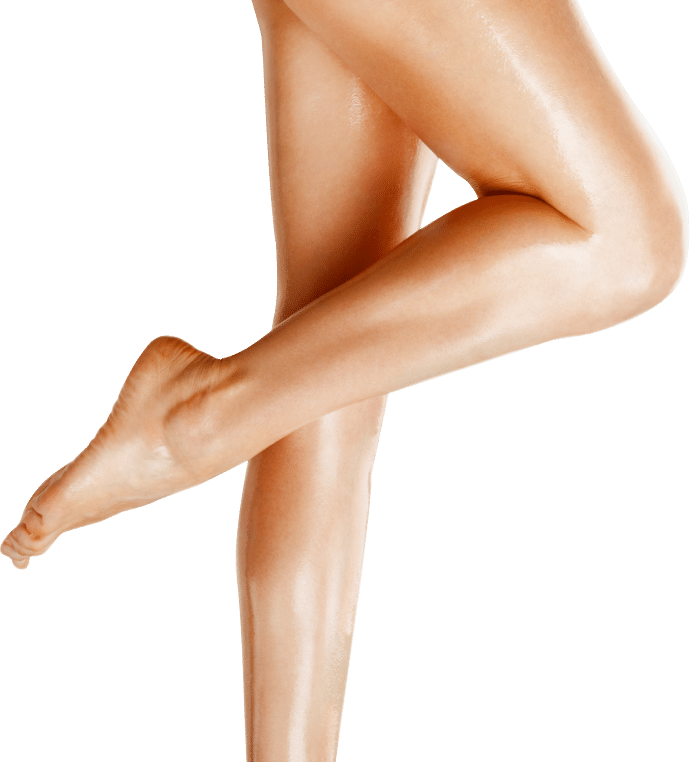
BOOK AN APPOINTMENT
Do you have any symptoms? Consult now with one of the Best Vein Specialist in New Jersey
- Avoid Prolonged Sitting or Standing: Take frequent breaks to move around and avoid crossing your legs, which can restrict blood flow and exacerbate vein problems. Prolonged sitting or standing can increase pressure on your veins and contribute to varicose veins.
- Elevate Your Legs: Lie on your left side and elevate your legs with pillows to reduce pressure on your veins and promote circulation. Elevating your legs above the level of your heart helps reduce swelling and improves blood flow back to the heart.
- Wear Compression Stockings: Compression stockings can help improve blood flow and prevent blood from pooling in the veins. Compression stockings provide external support to your veins, helping to reduce swelling and discomfort associated with varicose veins.
- Maintain a Healthy Weight: Excess weight puts additional strain on your veins, so maintain a healthy weight throughout your pregnancy. Eating a balanced diet and staying within the recommended weight gain guidelines can help reduce the risk of varicose veins.
Treating Varicose Veins During Pregnancy
If you develop varicose veins during pregnancy, don’t worry. There are several treatment options available to help alleviate your symptoms and improve your comfort. Before recommending a treatment, we will perform a duplex ultrasound to diagnose the root cause of your varicose veins and develop a personalized treatment plan tailored to your needs. Duplex ultrasound allows us to visualize the structure of your veins to determine the most appropriate course of action.
Conservative Measures:
- Compression Stockings: Wearing graduated compression stockings can help improve blood circulation in the legs by applying pressure to the veins and preventing blood from pooling.
- Elevating Legs: Elevating the legs above heart level several times a day can assist in reducing swelling and alleviating discomfort associated with varicose veins. Using pillows or cushions to support the legs while lying down can enhance the effectiveness of this measure.
- Regular Exercise: Engaging in low-impact exercises such as walking, swimming, or prenatal yoga can strengthen leg muscles and improve blood circulation.
- Healthy Diet: Consuming a balanced diet rich in fiber, vitamins, and minerals can promote overall vein health. Avoiding excessive salt intake can help prevent swelling in the legs.
- Avoiding Prolonged Sitting or Standing: Taking breaks to move around and avoiding long periods of sitting or standing can help prevent blood from pooling in the legs.
- Maintaining a Healthy Weight: Maintaining a healthy weight through proper diet and regular exercise can reduce the strain on the veins and decrease the risk of varicose veins worsening.
- Proper Posture: Maintaining good posture, particularly while sitting or standing, can help promote healthy blood flow and reduce pressure on the veins. Avoiding crossing legs while sitting can also aid in preventing varicose veins from worsening.
Minimally Invasive Vein Treatments:
- Sclerotherapy: This procedure involves injecting a special solution directly into the affected veins, causing them to collapse and eventually fade away. Sclerotherapy is effective for treating small to medium-sized varicose veins and spider veins.
- Endovenous Laser Ablation (EVLA): EVLA uses laser energy to heat and seal off the affected vein, causing it to collapse and be absorbed by the body. This procedure is highly effective for treating larger varicose veins and is performed under local anesthesia.
- Radiofrequency Ablation (RFA): Similar to EVLA, RFA uses radiofrequency energy to heat and seal the affected vein, leading to its closure and eventual absorption by the body. RFA is a minimally invasive alternative to surgical vein stripping.
- VenaSeal: VenaSeal is a newer treatment option that involves injecting a medical adhesive directly into the affected vein, sealing it shut, and rerouting blood flow to healthier veins. This procedure is quick, virtually painless, and requires no anesthesia or compression stockings.
- ClariVein: ClariVein combines mechanical agitation with chemical sclerosant to effectively treat varicose veins. A rotating wire is inserted into the vein, delivering a sclerosing agent to seal the vein shut while minimizing discomfort and bruising.
- Varithena: Varithena is a foam sclerosant injected into the affected vein, displacing blood and causing the vein to collapse and be absorbed by the body. This treatment is particularly effective for treating larger, more tortuous varicose veins.
- Ambulatory Phlebectomy: Ambulatory phlebectomy involves the removal of varicose veins through tiny incisions in the skin. This outpatient procedure is typically performed under local anesthesia and results in minimal scarring and downtime.
These minimally invasive vein treatments offer patients safe, effective alternatives to traditional surgical procedures for varicose vein removal. They provide excellent results with minimal discomfort, downtime, and risk of complications, allowing patients to return to their normal activities quickly. If you’re considering treatment for varicose veins during pregnancy, consult our vein doctors at New Jersey Vein Treatment to determine the most suitable option for you.
NJ Vein Doctors
Meet our team of New Jersey Vein Treatment Specialists
Vein Treatments are covered by most major medical insurances, including Medicare. Call us today to verify your insurance for FREE >
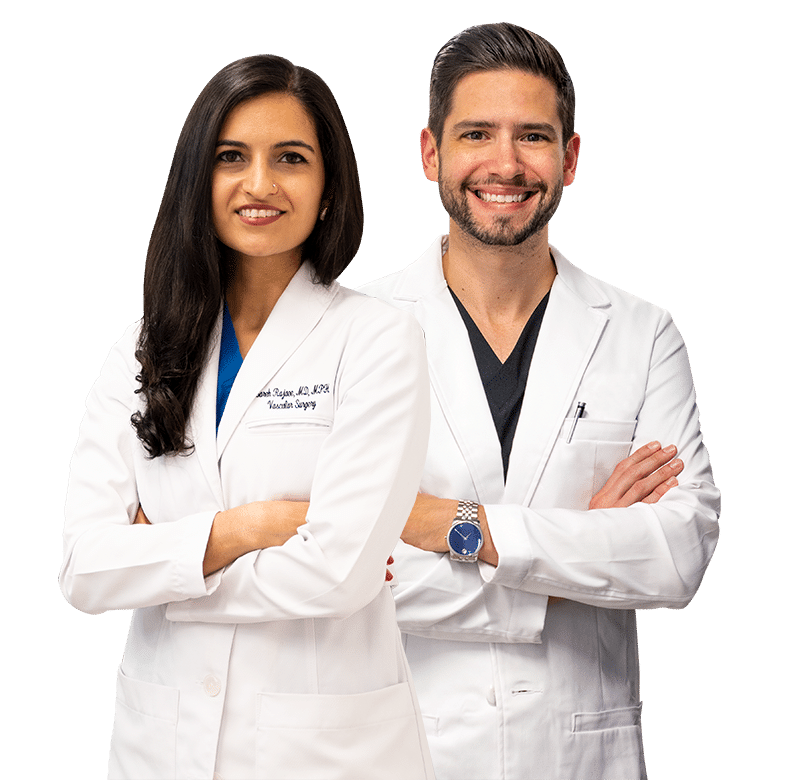
Meet our Team of Top Vein Specialists in New Jersey
Contact us
CALL US
Speak instantly with one of our team members; they will answer any questions you may have regarding insurance coverage, booking an appointment and our vein treatment locations. (973) 946-8082
BOOK APPOINTMENT
Visit our Book Appointment page and instantly request an appointment at the New Jersey vein center. We offer Free Insurance Verification before your appointment.
